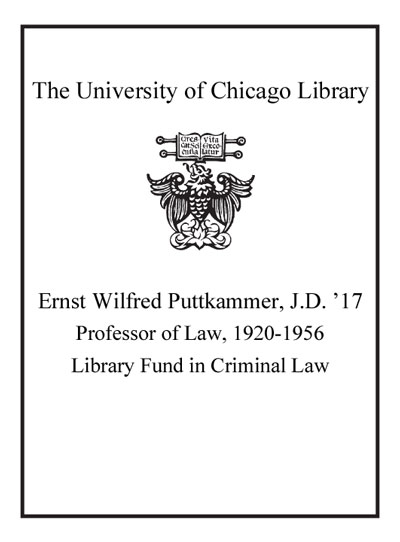Review by Choice Review
This first-rate study benefits from clear exposition, scrupulous attention to detail, and a wide range of materials cited. Since there is no clear legal obligation in the International Covenant on Civil and Political Rights that states prosecute and punish human rights abusers, "vaguely worded provisions have evolved into obligations by states to take specific action against offenders." Ratner (law, Univ. Of Texas) and Abrams (UN legal affairs) include three major sections: 1) substantive law (including historical underpinnings, genocide, crimes against humanity, war crimes, other abuses incurring individual responsibility under international law, and barriers to criminality); 2) mechanisms for accountability (national tribunals, international criminal tribunals, and nonprosecutorial options); and 3) a case study of Khmer Rouge atrocities. International criminal law will remain, Ratner and Abrams indicate, "the product of an ad hoc process of prescription." Yet their cogent analysis shows that, although methods, strategies, scope, and consequences of responsibility may vary from crime to crime, there are discernible regularities. All students of international law and human rights should be grateful for this work, which shows lacunae and accomplishments in a rapidly changing legal environment. Upper-division undergraduates and above. C. E. Welch; SUNY at Buffalo
Copyright American Library Association, used with permission.
Review by Choice Review

